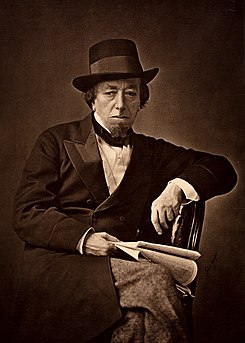The tear in the wet suit was turning the water red in picturesque swirls. Not knowing the nature of the wound the only thing to do was to kick through the fins even faster. There were 6 of them in pursuit as they negotiated the coral reef . Helpfully they were kitted out in black which singled them out as unfriendly. There used to be 8 but 2 managed to lose their lives at the wrong end of a serrated fishing knife (standard MI5 issue) a little earlier in the skirmish.
(Author's note: We shouldn't give a thought to the countless unnamed human beings violently and imaginatively dispatched daily by Hollywood directors for whom every violent death is just set dressing. We are never shown the scene when the mother of bad guy #2 is informed of his demise.)
Anyway back to action, much more fun. Our hero is miraculously managing to avoid an everlasting supply of quickly reloaded harpoons. It is lucky that these ruffians don't have the training, wit, charm and good looks of MI5 agents or the whole operation would have failed hours earlier. In the hands of British Intelligence one harpoon would certainly have taken out at least 2 assailants with a well placed and much practiced 'in-off' shot. Training always emphasised the need to deliver savagery with style.
Ironically the day had been a success. The horribly deformed (placing any sympathy well out of reach) billionaire villain had been dissolved in his own acid bath (don't ask). The 2 nuclear warheads had been inactivated with seconds to spare. The city of Los Angeles had been saved (why is it always Los Angeles? There are prettier cities). Our agent had achieved this using only guile, an Omega wristwatch, a first class British Airways ticket, a Nokia mobile phone, a well placed Coca-Cola billboard, a Cisco telephone and a fake duck (don't ask).
Having located the US nuclear submarine 007 heaves on the hatch and manages to manoeuvre into the airlock as the harpoons bounce harmlessly off the hull. The hatch below opens and the exhausted agent falls exhausted onto the floor along with a lot of water some seaweed and a single fish.
'Welcome aboard Miss Reliant, what kept you?' The captain had seen the films.
Robyn Reliant wriggles out of her wet suit and is handed a much needed cocktail. She straightens the dress she was wearing the night before when it all kicked off.
A junior officer hands her a towel and the captain apologises, "I am sorry you had to get so wet".
"That's fine.." she replies, "..my Martini is dry".
__
Later that evening Robyn is meeting a fellow agent in the bar of a hotel the rates of which are well beyond the budget of the British taxpayer. Over the past few weeks they have worked closely together and they naturally hated one another at first. This hatred turned into begrudging respect and there is now an inevitable sexual tension between them that neither has yet openly acknowledged to the other. Robyn is tired and elated and is in 2 minds as to how the evening should end.
She slides onto the bar stool next to her colleague. They exchange glances and raise their glasses.
He asks, "How was your day?"
She replies, "Well actually..."
He interrupts, "Well you wouldn't believe the bloody awful day I've had, first of all the traffic this morning was a nightmare...."
20 minutes later she thanks him for the drink and leaves.
__
The evening could have gone a whole lot better.



